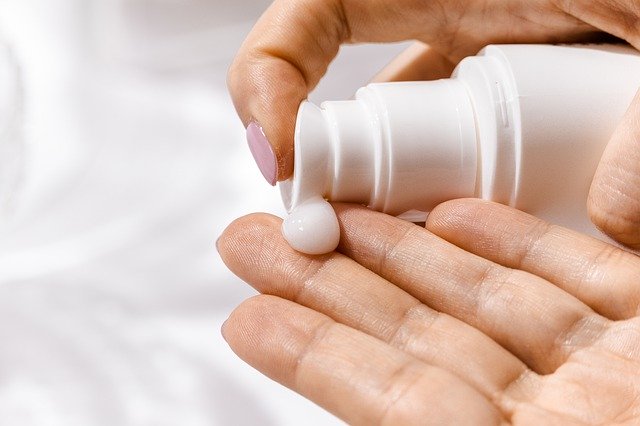Before summer officially kicks off in the Great Lake State, it’s important to talk about skin safety. Skin cancers are among the top ten leading types of cancer in this country. Non-melanoma skin cancer tops the list with an estimated one million cases a year, and melanoma comes in seventh with an estimated 68,720 people diagnosed each year.
While some skin damage happens during adolescence, that doesn’t mean you should give up. Every new sunburn increases the risk of developing skin cancer. Protecting yourself is essential.
Here’s what seniors should know about skin cancer prevention.
7 Ways to Protect Aging Skin
- Use sunscreen: Today’s seniors rarely used sunscreen when they were younger. As a result, many aren’t aware of how important it is. The reality is sunscreen is one of the best steps in skin cancer prevention. Apply sunscreen generously anytime you will be outdoors or riding in a car. Cover your entire body, including the backs of your ears, tops of your feet, and the back of your neck.
- Reapply: Don’t assume since you applied sunscreen before heading out that you won’t need to do it again. Check the label for specific directions. In general, the recommendation is to reapply at least every four hours. If you are swimming or sweating, you likely need to apply it more frequently.
- Practice car safety: Being in a car might make you feel protected from the sun. Unfortunately, UV rays can get you there too. Remember to apply sunscreen and wear sunglasses.
- Wear sunglasses: Like your skin, eyes are susceptible to UV damage. While it can be tempting to choose sunglasses for appearance, find some that meet UVA/UVB standards. In addition to offering protection from sun damage, routinely wearing quality sunglasses helps lower your risk of developing cataracts.
- Avoid peak sun: The sun’s rays are usually strongest between 10 a.m. and 4 p.m. You can lower your risk for skin cancer by arranging your schedule around those times. Run errands and do lawn care in the early morning. Take your daily walk in the evening. Small steps like these can help you stay safe.
- Inspect your skin: Make monthly head-to-toe skin checks a habit. Look for new growths and changes to old ones. Any growths that change shape, increase in size, or have irregular borders should be shown to your doctor.
- See a dermatologist: The Skin Cancer Foundation recommends scheduling an annual dermatologist appointment. They can do a thorough exam and identify small skin problems before they turn into major ones.
If you are looking for more outdoor summer safety tips, focus on hydration. 10 Hydrating Foods to Beat the Summer Heat will give you some ideas for pumping up your fluids beyond drinking water. Contact us today to schedule a private tour.

